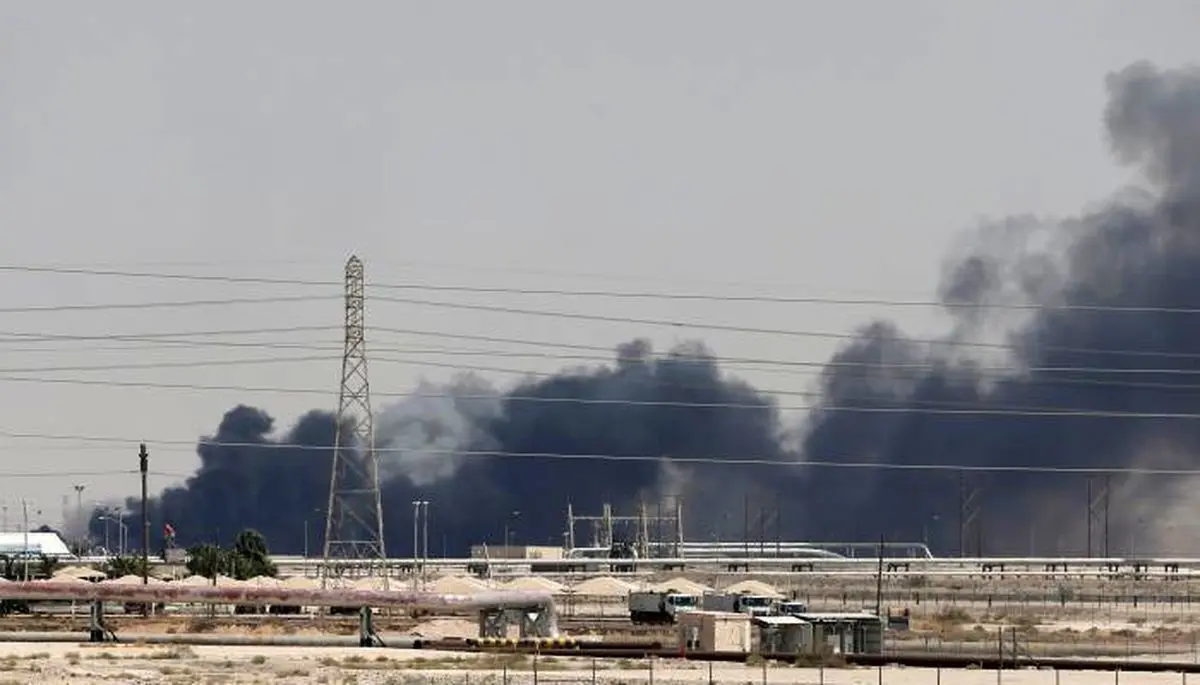Oil slips on trade fears but soars in week after Saudi production attacked

Oil prices eased on Friday on renewed concern over the U.S.-China trade war, but futures still posted weekly gains, with Brent marking its biggest weekly increase since January, after an attack on Saudi Arabia’s energy industry last weekend.
Brent crude LCOc1 futures fell 12 cents to settle at $64.28 a barrel, while U.S. West Texas Intermediate (WTI) crude CLc1 futures ended 4 cents lower at $58.09 a barrel.
Prices pared gains along with the stock and grains markets after Chinese agriculture officials that were due to visit U.S. farm states next week canceled their trip to Montana and Nebraska to return to China sooner than originally scheduled.
The cancellation came as trade talks were held in Washington and U.S. President Donald Trump said he wanted a complete trade deal with the Asian nation, not just an agreement for China to buy more U.S. agricultural goods.
For the week, however, Brent rose 6.7%, its biggest gain since January, while WTI gained 5.9%, the most since June.
U.S. shale producers pounced on the chance to lock in future revenue for this year and next after oil prices surged by the most in 30 years early this week following the attack, sources familiar with the money flows said.
Money managers raised their net long U.S. crude futures and options positions by 11,209 contracts to 220,758 in the week to Sept. 17, the U.S. Commodity Futures Trading Commission (CFTC) said.
The oil market jumped nearly 20% on Monday in reaction to the Sept. 14 attack, which halved Saudi production and cut global supplies by about 5%. But prices have since pared most of those gains on assurances from the kingdom that it would restore lost production by the end of this month.
Prices, however, have kept a risk premium as geopolitical tensions in the region have escalated with the United States and Saudi Arabia blaming the attack on Iran. Tehran denies any involvement.
The attack has intensified a years-long struggle between Saudi Arabia and Iran, who are locked in a sometimes violent contest for influence in several flashpoints around the Middle East.
A Saudi-led coalition on Friday launched a military operation north of Yemen’s port city of Hodeidah while the United States worked with Middle East and European nations to build a coalition to deter Iranian threats.
State-owned Saudi Aramco has switched crude grades and delayed crude and oil product deliveries to customers by days after the attack severely reduced its light oil production and led to output cuts at its refineries, market sources said.
END
